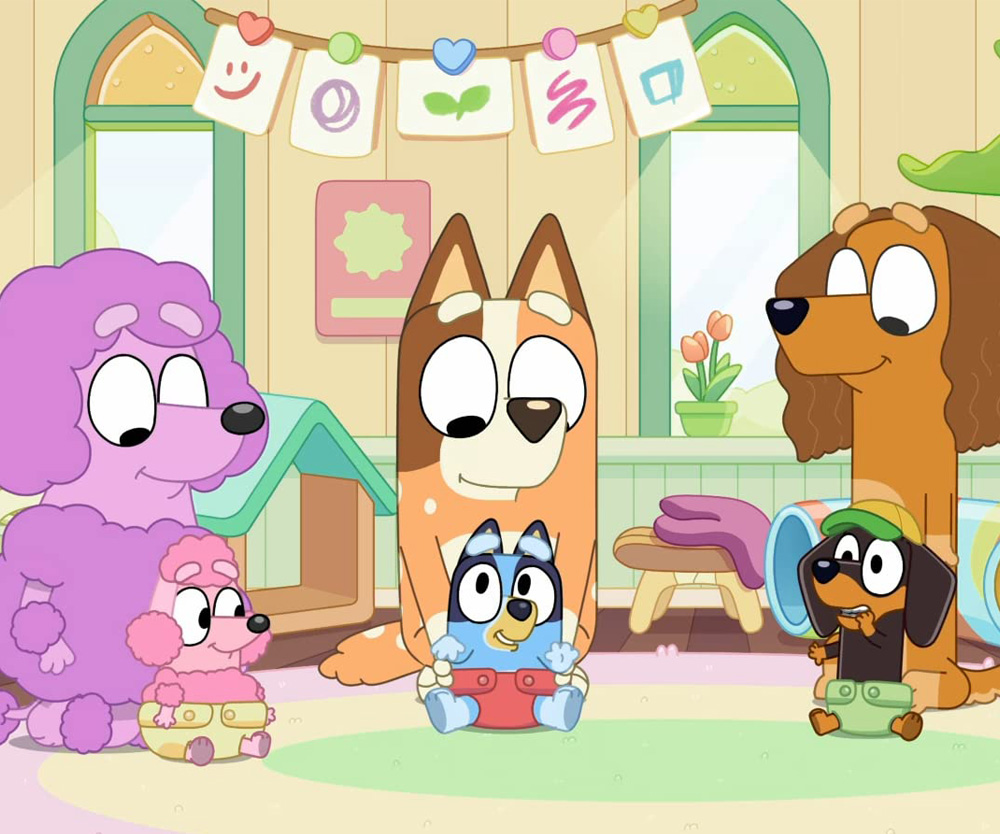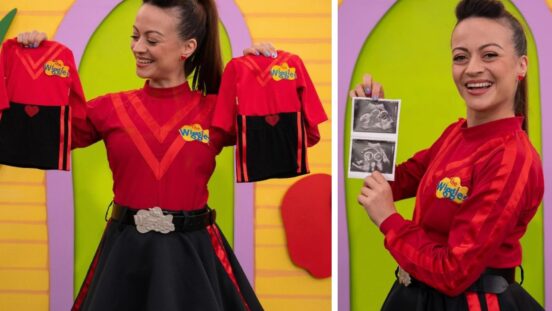REAL LIFE: “My baby was stillborn during lockdown, it was terrifying and very traumatic”
Six babies are stillborn every day in Australia. Maggie's son was one of them.
The onset of a global pandemic and lockdown in 2020 was a challenging time for many Australians.
Experiencing the loss of a child added a different, devastating dimension altogether, as Melboune-based mum, Maggie, 29, lost her second child, Jamie, in April 2020.
“He was stillborn during lockdown,” Maggie tells Bounty Parents.
Jamie was born at 21 weeks’ gestation due to a placental abruption, resulting in a preterm birth which he sadly could not survive.
“Going into labour whilst simultaneously realising my son wouldn’t survive is a feeling I will never forget – it was terrifying and very traumatic,” says Maggie.
“Although Jamie wasn’t going to make it, I still had to give birth naturally to my beautiful second baby boy.”

Maggie’s son was born at 21 weeks’ gestation, a preterm birth which he sadly could not survive. (Image: Zachary Davis Photographer)
Maggie is sharing her story to help bring awareness to Still Six Lives, a national public awareness and education initiative aiming to lift the lid on the hidden tragedy of stillbirth in Australia. Led by a group of partner organisations, it will arm people with knowledge that could someday save an unborn life.
“Looking at his precious little features – his sweetly-pursed lips and soft, dewy skin – are moments my husband and I will treasure forever,” she explains.
“We buried our little boy one week later on Easter Saturday, at the height of Australia’s first COVID-19 lockdown.”

The tiny casket for Maggie’s son, Jamie.
Across the country, around 2,200 babies are stillborn every year – or six every day. Australia holds one of the worst records in the developed world for stillbirth, with a rate that has remained unchanged for 20 years.
Despite this, Maggie explains how stillbirth isn’t something that ever came up or was talked about during her first pregnancy.
“Before losing Jamie, I knew very little about stillbirth and I didn’t think I knew anyone who’d experienced it. Now I know that’s not the case – they just hadn’t chosen to speak about it openly.
“Since my experience, a lot of people close to me – even family members – have opened up and shared that they have also experienced stillbirths. I was shocked at how common and prevalent it is, and I never would have known had I not gone through it myself.
“People are so reluctant to talk about stillbirth – whether because of the unnecessary stigma and shame attached to the topic, or because they simply don’t know what to say or how to start.”

In Australia around 2,200 babies are stillborn every year – or six every day.
Maggie only started to learn more about stillbirth through maternity care professionals when she experienced some pregnancy challenges with Jamie.
“I’m frustrated that stillbirth isn’t talked about more. I want to support others by helping to bring stillbirth into national public consciousness.
“Of course the last thing I want to do is to scare expecting mums at an already challenging time, but, at the same time, putting your head in the sand and ignoring the issue isn’t helpful either.
“There needs to be more of an open dialogue, and that starts with friends and family. When I lost Jamie, I was lucky to have a close support network who didn’t shy away from supporting me and talking to me about him. It was important.
“Along with those who made the effort to understand, though, there were also some who never mentioned Jamie or my stillbirth. It was like the pregnancy journey – which they’d been around for and supportive of – had never happened.
“Experiencing a stillbirth is an extremely lonely place to be. It’s crazy to think the experience should make you feel so alone, when it’s such a common issue that so many families are going through at the same time as you – six every day in Australia.”

Maggie is hoping that by sharing her story it will encourage others to talk more about stillbirth.
Still Six Lives has been developed to help dispel the sense of shame that surrounds stillbirth, break down social barriers that prevent parents of stillborn children receiving the love and support they need, and help reduce the risk of stillbirths through education around three proven behaviour tactics.
“What happened to me left some of my friends extremely unsettled, because my first pregnancy had been textbook perfect. As a young healthy woman, it was shocking to them that this could even be possible. Stillbirth really doesn’t discriminate and we need to do more to spread the message.
“I want other parents to know it is possible to survive an experience like this. I think about Jamie every single day, but it is possible to move forward with the grief, even if you don’t think you can.”
Funded by the Federal Government, Still Six Lives is delivered by a consortium of established Australian organisations. Each focused on supporting families through pregnancy and pregnancy loss, the group includes Red Nose, including SANDS (Stillbirth and Newborn Death Support), Stillbirth Foundation Australia and Stillbirth Centre of Research Excellence.




